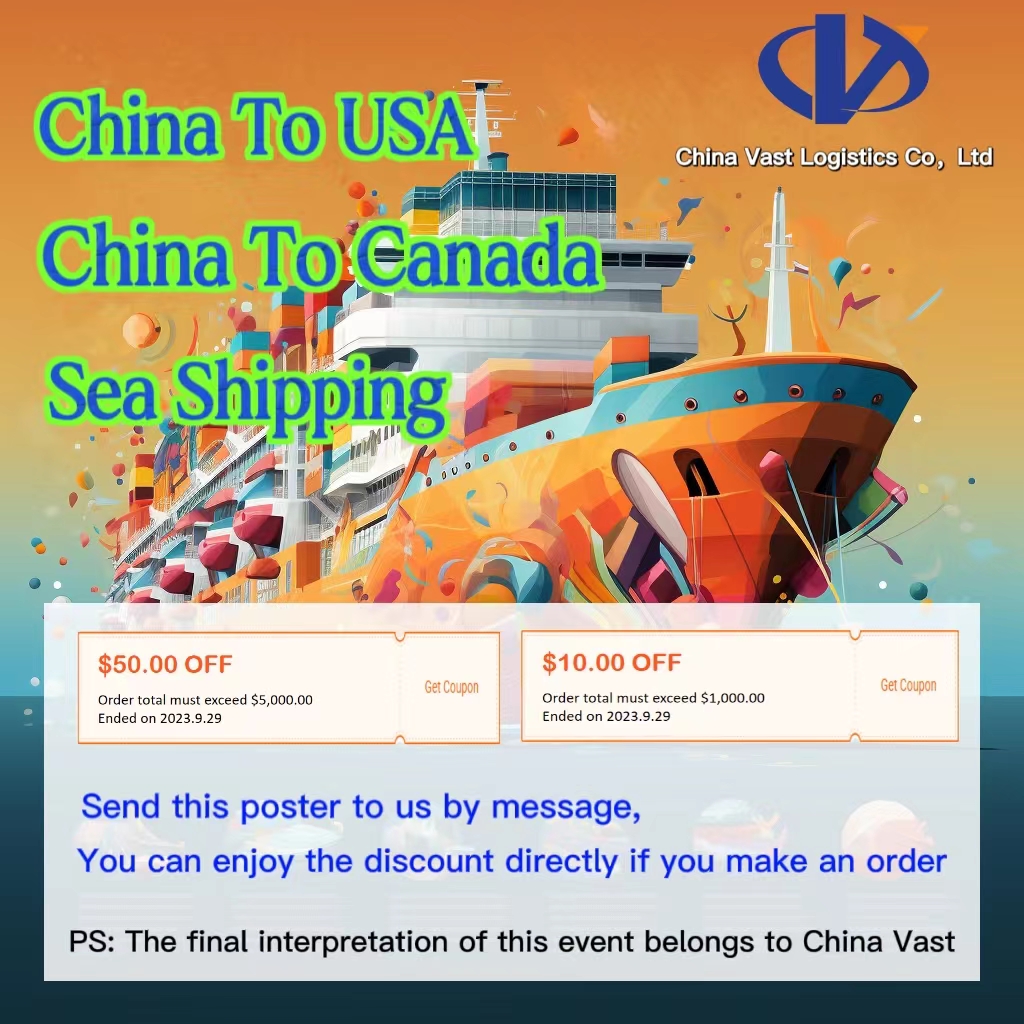Shipping Booking Considerations
The destination port, sailing schedule, and container type/quantity are the three most essential items and must be accurate. Cargo description, weight, and dimensions are also important, especially for hazardous goods, which require appropriate certification. For refrigerated containers, temperature settings and ventilation requirements must be specified. Additionally, check for overweight or oversized cargo, and confirm whether split shipments, customs declaration, or transshipment is needed.
Container Loading Considerations
Choosing the appropriate container is critical. For example, food, pharmaceuticals, and clothing should not use new containers due to paint odors, while heavy cargo requires new containers due to load capacity. Always inspect the container for damage or dirty floors. When loading, coordinate with the trucking company regarding time and location, and inform the warehouse of the cargo arrival time, loading requirements, and other precautions.
Customs Clearance Considerations
Each port has different customs requirements, so attention to detail is essential. For example, when exporting from Tianjin, the pre-stowage list, arrival information, and customs documents must match in terms of package numbers, weight, and container numbers. The customs declaration must clearly list the essential cargo elements.
Port Consolidation Considerations
Confirm the port of consolidation, as different shipping routes correspond to different terminals. Also, verify the consolidation method; special containers are usually released by the vessel.
Bill of Lading Considerations
Each shipping company has specific requirements. At a minimum, check the vessel name, voyage number, B/L number, and destination port. Weight and measurements must be correct, as errors can cause costly amendments to the manifest. Ensure all stamps and signatures are complete, including three-page originals with date stamps, and electronic release with appropriate stamps. If the consignee is “TO ORDER,” do not release electronically. For letters of credit shipments, strictly follow L/C requirements.
Time Management Considerations
Understand the free container days at both the origin and destination ports, and use this time efficiently. Note that port consolidation and customs clearance times vary by port. Generally, it’s better to act early rather than late.
Letter of Guarantee Considerations
Requirements for letters of guarantee vary by company, including format, stamps, and whether originals are required, so confirm in advance.
Cargo Safety Considerations
Ensure cargo is adequately protected during loading and unloading, and only authorized personnel should handle it. For high-value or fragile cargo, consider using specialized security equipment to enhance safety.
Documentation and Procedures Considerations
Ensure all necessary documents comply with international regulations, including contracts, packing lists, and bills of lading. Pay close attention to procedures and regulations to avoid unnecessary complications or disputes.

